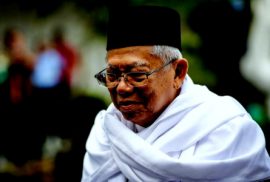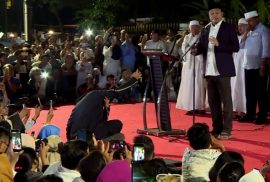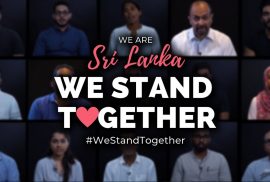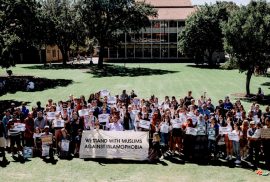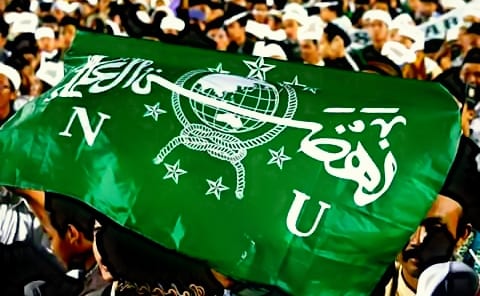Ahmad Najib Burhani’s piece in The Jakarta Post (May 9) on the Ma’ruf Amin factor in Joko Widodo’s reelection success made two points worth reexamining.
Perspective
UBN membingkai kontestasi pilpres 2019 dalam narasi perang: Quick Count dianggapnya 'sihir' dan ajang pemilu sebagi perang antara haq dan batil, antara tentara Thalut dan pasukan Jalut.
Respons terhadap terorisme di Sri Lanka tidak bisa dituntut sama dengan respons terhadap terorisme di Selandia Baru. Namun demikian, sudah semestinya kita mendukung gerakan solidaritas lintas iman Sri Lanka.
Manifesto pelaku teror di Christchurch, yang berjudul "The Great Replacement", berpandangan bahwa gelombang imigrasi dan tingginya angka kelahiran Muslim mengancam eksitensi ras kulit putih.
A review of Nahdlatul Ulama's call for an end to addressing non-Muslims as "kafir", an appeal arising from its recent national conference in West Java.
The attempt to understand the Islamists’ reasoning of Pancasila is important. Yet one should ask, what were the conditions that enabled and constrained such reasoning?

